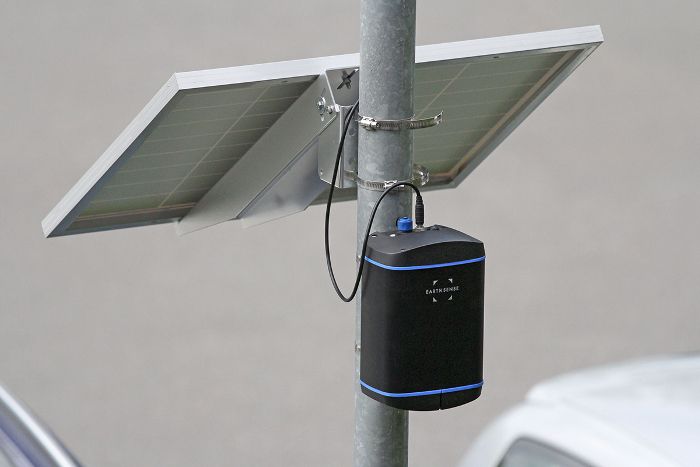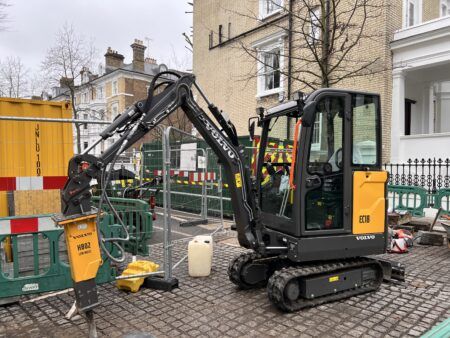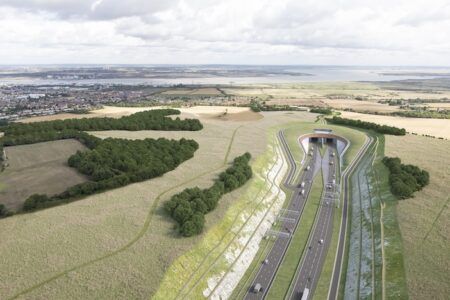Leicester-based air quality monitoring systems and services developer EarthSense is working with Coventry City Council on a pilot project that aims to divert traffic away from heavily congested roads and pollution hotspots in the city.
A network of EarthSense’s Zephyr air quality sensors has been deployed across Coventry in areas where levels of nitrogen dioxide (NO2) have been identified as high, particularly along the A4600 route at Walsgrave Road, which is a major link in and out of the city. When pollution levels are breached, the Zephyr sensors send alerts directly to Coventry’s Urban Traffic Management Center (UTMC) where they automatically trigger notifications on Variable Message Signs (VMS) for motorists and the general public around the city. The city council is using messages informing motorists of the elevated pollution levels and suggestions to use alternative routes in a bid to drive behavioral change and ease the pressures at pollution hotspots.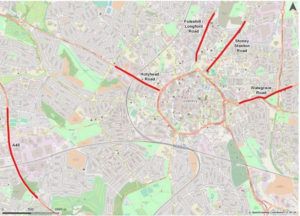
Measuring gases and particulates including nitrogen dioxide (NO2), ozone (O3) and particle matter (PM2.5), the Zephyr sensors have been validated by EarthSense scientists post deployment and thresholds have been set to issue alerts when pollution levels are breached. As part of early measures under the city’s air quality action plan, Coventry City Council has been awarded funding for the project through the Joint Air Quality Unit (JAQU) set up by the Department for Environment, Food and Rural Affairs (DEFRA) and the Department for Transport (DfT) to support local authorities.
 “We are keen to install the right technology across Coventry’s road network to allow us to dynamically manage traffic and respond to issues such as poor air quality or traffic incidents as soon as they happen,” said John Seddon, head of transport and innovation at Coventry City Council. “The EarthSense Zephyr sensors will support us in achieving this aim by allowing real-time monitoring of air quality conditions on a key corridor into the city, and we are excited to see results of this system following successful deployment of sensors earlier this year.”
“We are keen to install the right technology across Coventry’s road network to allow us to dynamically manage traffic and respond to issues such as poor air quality or traffic incidents as soon as they happen,” said John Seddon, head of transport and innovation at Coventry City Council. “The EarthSense Zephyr sensors will support us in achieving this aim by allowing real-time monitoring of air quality conditions on a key corridor into the city, and we are excited to see results of this system following successful deployment of sensors earlier this year.”
Shamala Evans, senior project manager at Coventry City Council, added, “Air pollution is a growing public health concern. We’re taking early measures with the aim of encouraging motorists to make small changes to help reduce the pollution levels and traffic congestion before it’s too late and we’re forced to introduce chargeable clean air zones. Although final outputs of this project are to be reported in December 2019, we are keen to use the Zephyr air quality sensors on a long-term basis to better manage our air quality going forward.”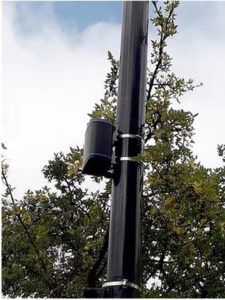
Commenting on the integration of Zephyr data, EarthSense’s managing director, Thomas Hall, said, “We continue to make technological advances to the Zephyr sensor and our data can be easily integrated into existing traffic management systems, increasing the level of information available to make informed decisions. Air quality alerts are a simple solution and a valuable tool for driving awareness. Once the pollution levels have reached acceptable standards, the alerts are deactivated, and the VMS messaging is removed.”


